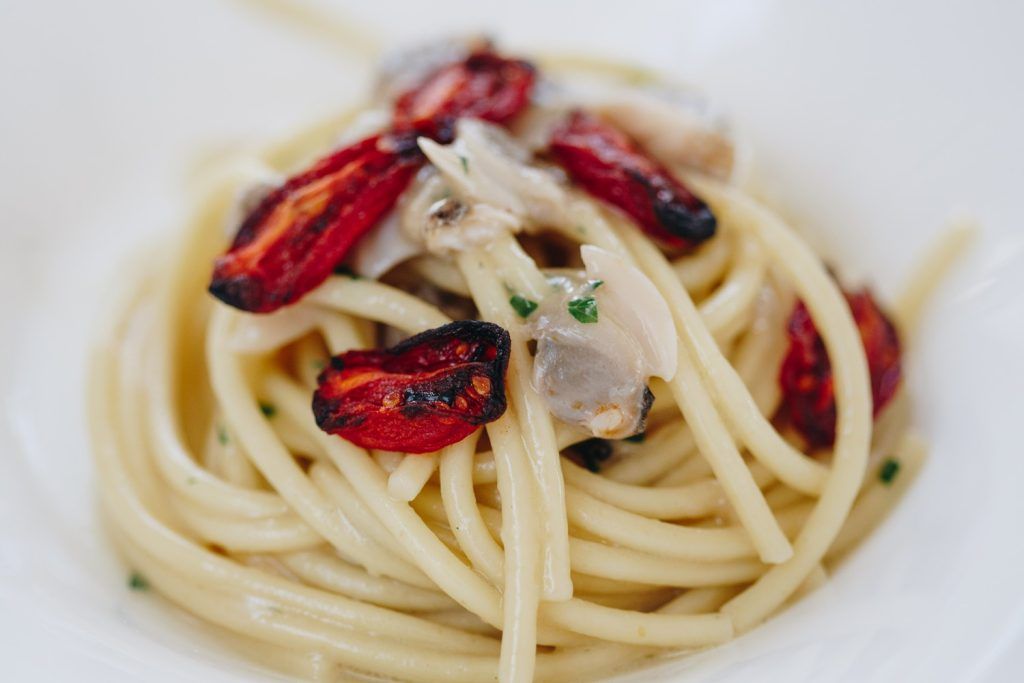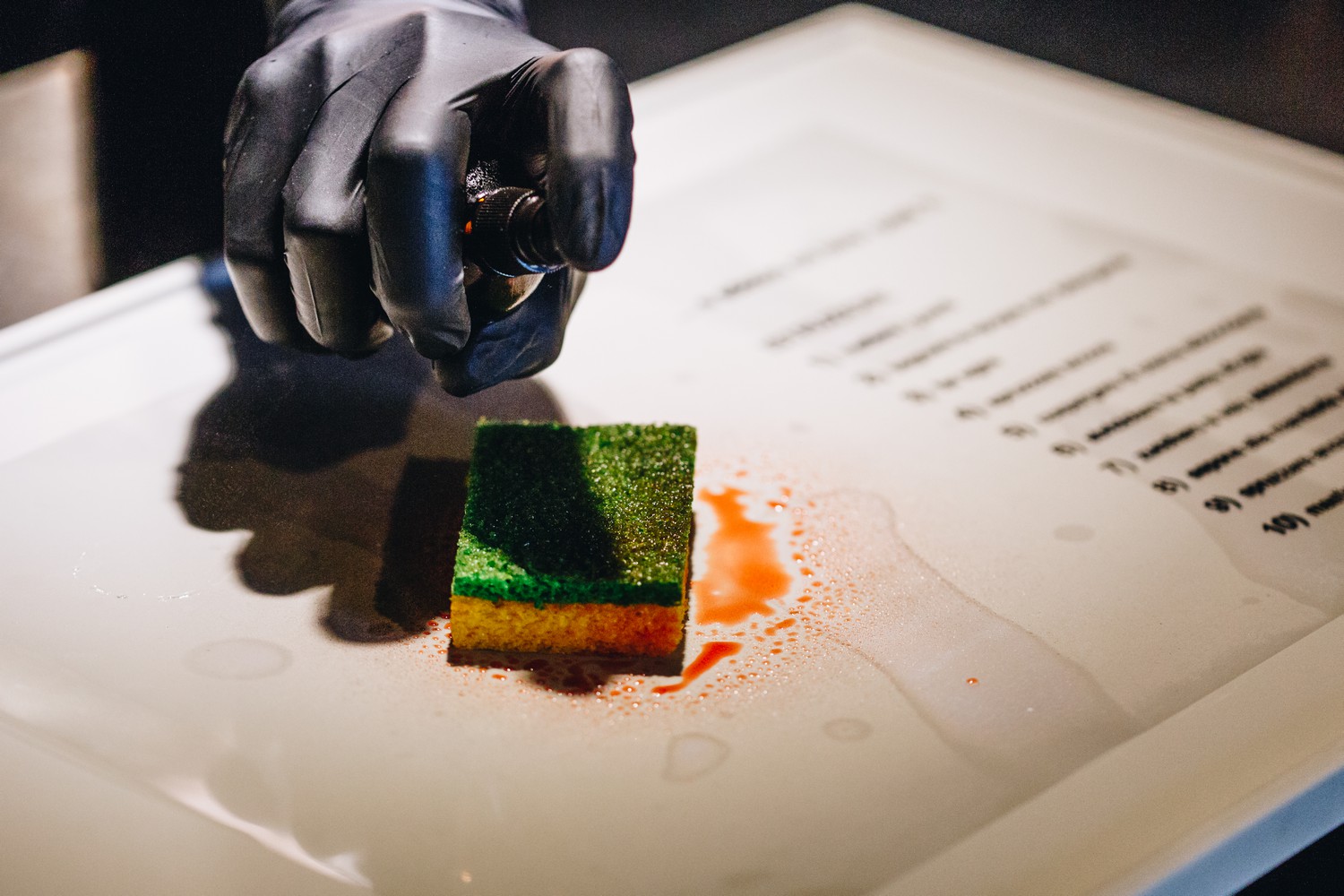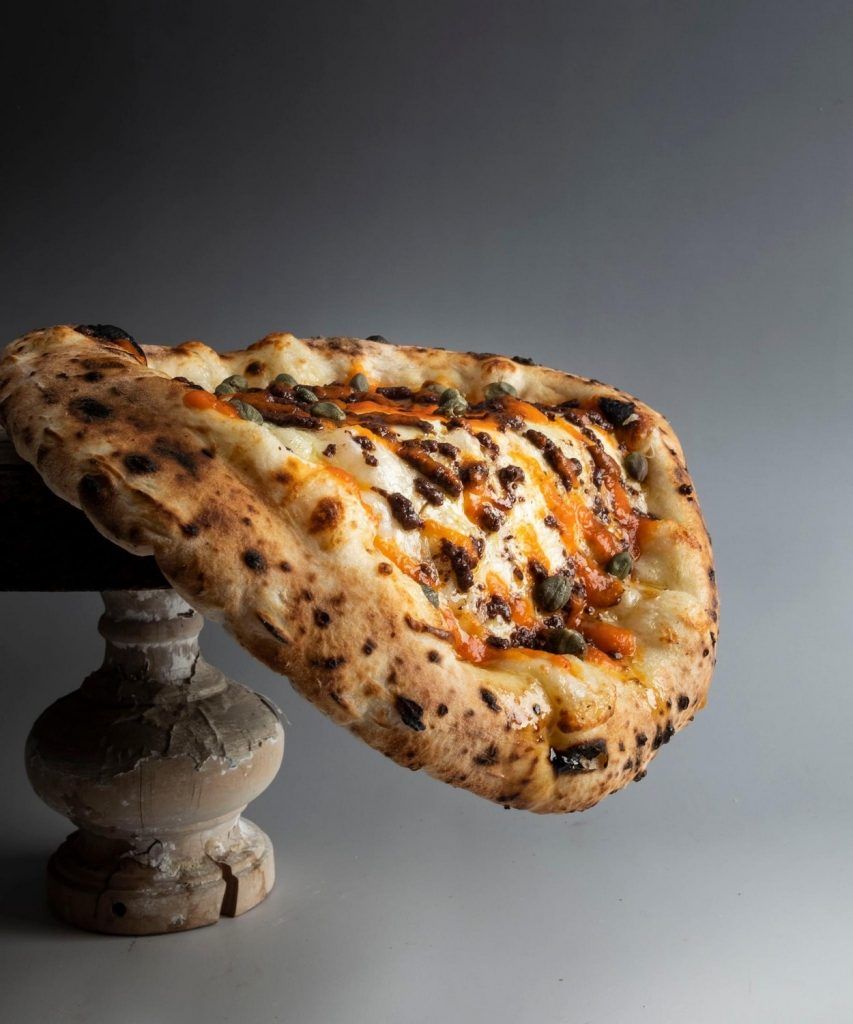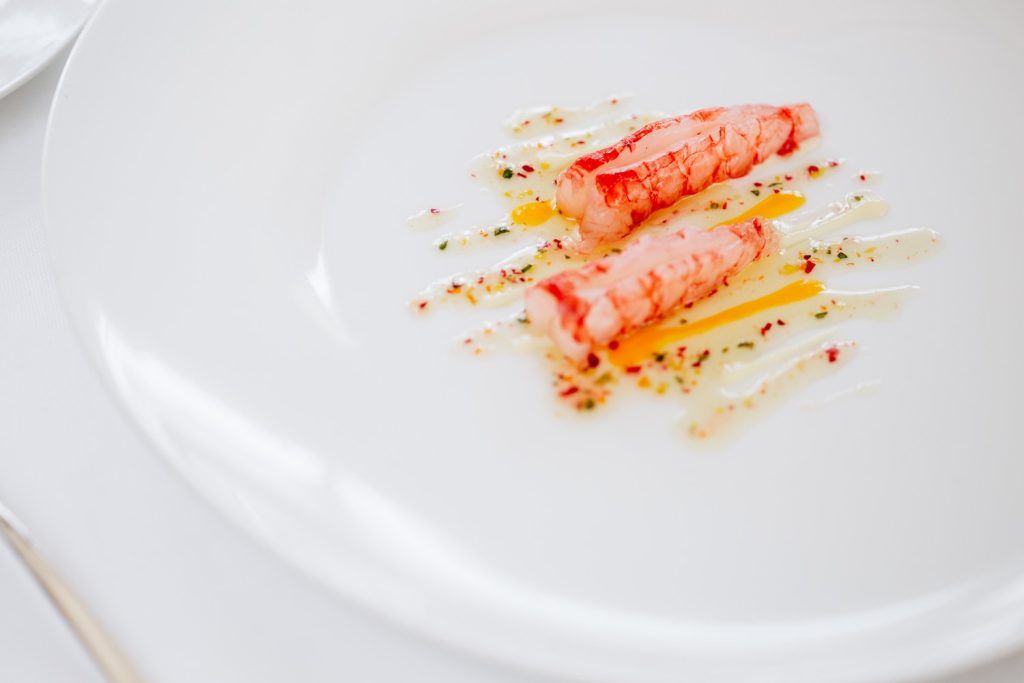Have you ever wondered about the power of food? Isn’t it wonderful to be able to sit in a comfortable armchair, think for a while, and come to the conclusion that “today I would eat…”? So what? The culinary offerings and multitude of possibilities are sometimes overwhelming. And when we think about it, it turns out that we do not choose our own cities, towns, or villages from culinary books, but from all over the world. Sushi? Con carne? Pizza? Pasta? We are only limited by our imagination. Considering this global landscape, it is worth considering how a country’s cuisine has influenced our diet and worldview.

Time Travel: The Roots of Italian Cuisine
The history of Italian cuisine is one of resilience, adaptation, and cultural exchange that has spanned millennia. It’s a flavorful and exciting story from the ancient Etruscans to the mighty Roman Empire. Italy’s culinary heritage has been shaped by influences from other lands, each of which has left an indelible mark on the country’s gastronomic identity. The Romans introduced wheat, olive oil, and wine to the Italian Peninsula, laying the foundations for the Mediterranean diet, which remains a cornerstone of Italian cuisine to this day. Over the centuries, waves of invaders and immigrants – from the Byzantines to the Arabs to the Normans – brought new ingredients, flavors, and techniques to Italy, enriching the culinary landscape and highlighting the diversity of regional cuisines.
The Essence of Italian Cuisine: Tradition, Quality, and Simplicity
Italian cuisine is most associated with incredibly appetizing simplicity. At the heart of Italy lies a deep respect for tradition, quality, and simplicity. Whether we’re talking about pasta, risotto, or pizza, Italian cuisine proves that it can transform humble ingredients into culinary masterpieces. However, we often forget how diverse Italian cuisine is.


Icons of Italian Fine Cuisine
Once we understand the history and tradition of Italian cuisine, we need to look at Italian fine dining. However, these different chefs, specializing in different styles, have one thing in common: a kind of respect, pride, and joy in the traditions of their country and cuisine.
Massimo Bottura is an innovative chef from Italy who grew up in Modena. He specializes in applying the visual appeal of contemporary art and design to traditional cooking methods. Massimo Bottura’s extraordinary imagination, attentiveness, and unconventional approach to the kitchen took him to the very top. Today he is the owner and chef of the Osteria Francescana restaurant. Additionally, he devotes a lot of attention to projects that raise awareness and prevent food waste.
Moreno Cedroni helped revolutionize the gastronomy of his home country, offering an avant-garde cuisine focused mainly on rich ingredients from the sea. For Cedroni, each fish deserves its own preparation. His creative work with attention to every detail and precise techniques over the last 30 years has allowed him to rise to the highest level among the best Italian chefs.

Franco Pepe, an Italian pizzaiolo, awarded many times and considered one of the best in the world, represents the third generation of the baker’s family. Franco opened his restaurant Pepe in Grani in 2005, just around the corner from his grandfather’s bakery. At that time, Caiazzo was not particularly known for its cuisine, but thanks to the popularity of pizzerias and Franco’s collaboration with agronomist Vincenzo Coppola, the area became famous for its artisanal producers, especially olive oil.
Mauro Uliassi, an Italian chef born in Senigallia, Italy, grew up in a family of restaurateurs. He is known for his ability to combine traditional Italian flavors and techniques with contemporary influences, creating dishes that are both familiar and innovative. The strength and originality of Uliassi’s cuisine lie in his ability to make good use of local ingredients, taking inspiration from the culinary traditions that have been famous and successful on this coast over the last few decades and giving them a personal, creative twist.

The Evolution and Inspiration
While Italian cuisine is deeply rooted in tradition, it is also a vibrant and dynamic culinary landscape that is constantly evolving and innovating. From the bustling trattorias of Rome to the avant-garde kitchens of Milan, Italian chefs push boundaries, experimenting with new ingredients, techniques, and flavor combinations to create dishes that are both timeless and innovative. At the same time, Italy’s rich culinary heritage provides a source of inspiration for chefs around the world who seek guidance and knowledge from the country’s iconic dishes and ingredients. Whether it’s a classic Neapolitan pizza or a modern interpretation of a traditional dish, Italian cuisine continues to captivate and inspire, proving that the pursuit of culinary perfection knows no limits.








